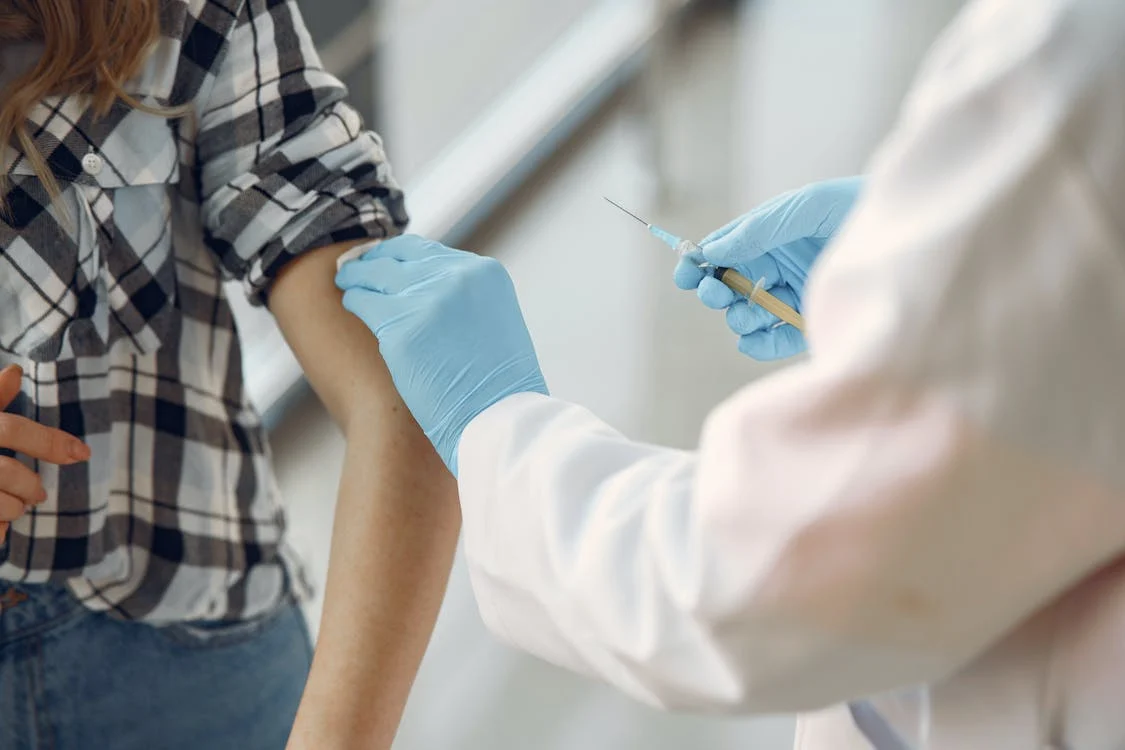The MMR (measles, mumps and rubella) vaccine was introduced in 1971, and in the 1980s, global initiatives sought to provide widespread access to the vaccination.
In the wake of these initiatives, the yearly mortality rate from measles dropped from 2.6 million in 1980 to 73,000 in 2014.
The UK was officially declared measles-free in 2016, but unfortunately, it lost that status just two years later, and numbers have climbed again in recent years.
In 2023, the UKHSA reported 1,603 suspected cases of measles in 2023, more than double the 735 cases in 2022 and 360 in 2021.
UKHSA Chief Executive Professor Dame Jenny Harries warned that the outbreak would spread to other communities if swift action was not taken to increase vaccination rates.
“Further outbreaks of measles will spread to other towns and cities unless urgent action is taken to increase Measles, Mumps and Rubella (MMR) vaccination uptake in areas at greatest risk,” warned Harries.
The UKHSA attributes the rise in cases to declining vaccination rates.
Approximately 85% of UK children in 2022-23 were fully vaccinated against MMR by the time they were five years old, well below the target of 95%.
Experts have pointed to a steep increase in vaccine hesitancy—that is, the unwillingness to receive vaccines despite them being available and accessible—following the COVID-19 pandemic as a major factor in the low vaccination rates.
Measles spread easily among the unvaccinated, especially within nurseries and schools.
The recommended age for the first dose of MMR is around 12 months, with the second dose administered at three years and four months.
Unfortunately, this means that children under this age cannot be fully vaccinated and are particularly vulnerable to infection.
Young children and babies are also considered to have an increased risk of complications from measles, along with pregnant women and people with weakened immunity.
“Children who get measles can be very poorly and some will suffer life changing complications. The best way for parents to protect their children from measles is the MMR vaccine. Two doses of the MMR vaccine give lifelong protection and it’s never too late to catch up,” said Harries.
Numerous studies have been conducted which prove the safety and efficacy of the MMR vaccine and are available to the public.






